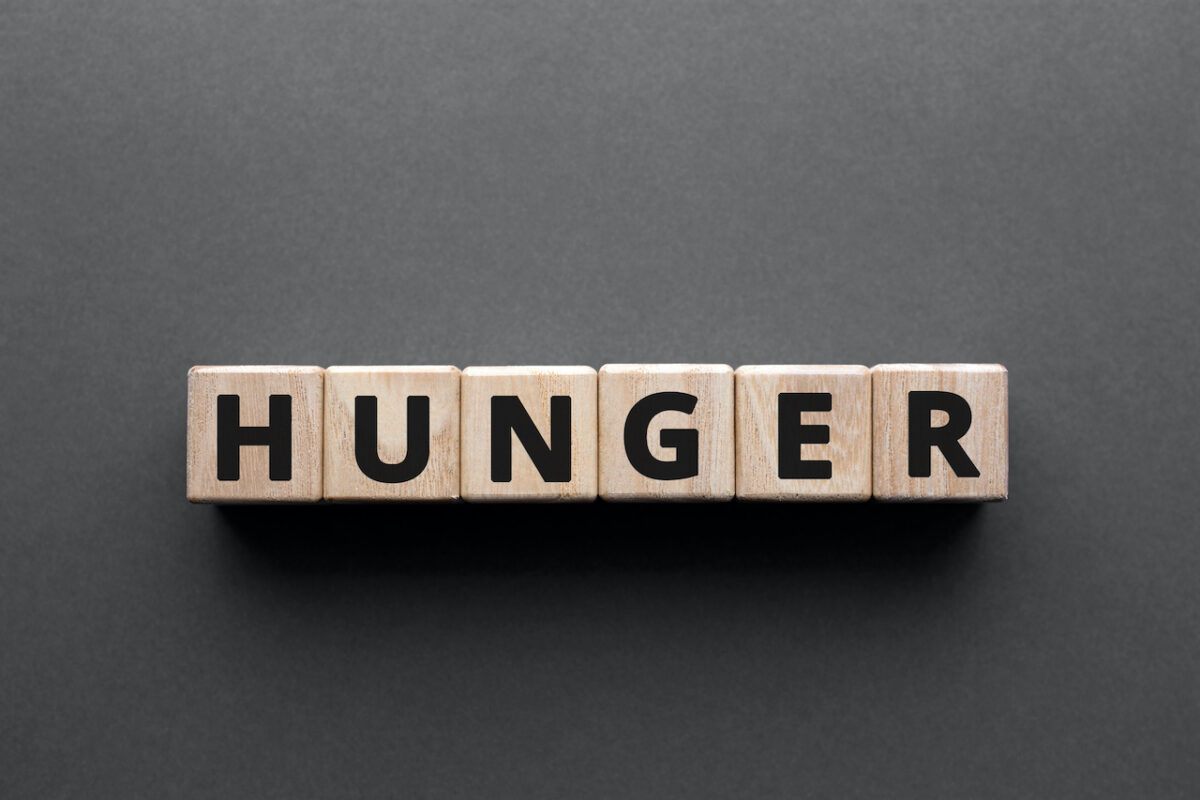The Biochemistry of Appetite: How Our Bodies Regulate Hunger

Understanding the biochemistry of appetite is crucial for managing hunger and maintaining a healthy diet. Our bodies regulate hunger through a complex interplay of hormones and neural signals.
The Role of Hormones in Hunger Regulation
Ghrelin – The Hunger Hormone:
- Ghrelin is produced in the stomach and signals the brain to increase appetite. Levels rise before meals and fall after eating.
- It stimulates the hypothalamus, the brain region responsible for hunger and satiety.
Leptin – The Satiety Hormone:
- Leptin is produced by fat cells and signals the brain to decrease appetite. It helps regulate energy balance by inhibiting hunger.
- Higher levels of leptin are associated with reduced food intake, while lower levels increase appetite.
Insulin:
- Insulin is produced by the pancreas and helps regulate blood sugar levels. It also influences hunger by signaling the brain about energy storage.
- Insulin resistance, common in obesity, can disrupt hunger regulation, leading to increased appetite.
Peptide YY (PYY):
- PYY is released in the intestines in response to eating and signals the brain to reduce appetite.
- It slows down gastric emptying and enhances the feeling of fullness.
Cholecystokinin (CCK):
- CCK is released by the small intestine during and after eating. It promotes satiety by slowing gastric emptying and stimulating the release of digestive enzymes.
Neural Pathways and Hunger
Hypothalamus:
- The hypothalamus plays a central role in hunger regulation, integrating signals from hormones like ghrelin and leptin.
- It balances energy intake and expenditure, influencing eating behavior and metabolism.
Reward System:
- The brain’s reward system, involving dopamine pathways, also affects hunger. Foods high in sugar and fat can trigger reward signals, reinforcing eating behavior.
- This system can override satiety signals, leading to overeating, especially of highly palatable foods.

Practical Strategies for Managing Hunger
Balanced Diet:
- Include a balance of macronutrients (carbohydrates, proteins, and fats) in your meals to ensure sustained energy levels and satiety.
- High-fiber foods like fruits, vegetables, and whole grains can promote fullness and reduce overall calorie intake.
Regular Meals:
- Eating regular, balanced meals helps maintain stable blood sugar levels and prevents extreme hunger that can lead to overeating.
- Incorporate protein and healthy fats into meals to enhance satiety.
Mindful Eating:
- Pay attention to hunger and fullness cues. Eat slowly and savor your food to recognize when you are satisfied.
- Avoid distractions like television or smartphones while eating to prevent mindless overeating.
Hydration:
- Drink water regularly, as thirst can sometimes be mistaken for hunger. Staying hydrated helps regulate appetite and supports metabolic processes.
Summary:
- Hunger regulation involves hormones like ghrelin, leptin, insulin, PYY, and CCK, which signal the brain about hunger and satiety.
- Neural pathways, including the hypothalamus and reward system, play crucial roles in controlling appetite and eating behavior.
- Strategies for managing hunger include a balanced diet, regular meals, mindful eating, and staying hydrated.

This article reviewed by Dr. Jim Liu, MD and Ms. Deb Dooley, APRN.
There’s nothing more important than our good health – that’s our principal capital asset.
#medical #telehealth #umedoc










